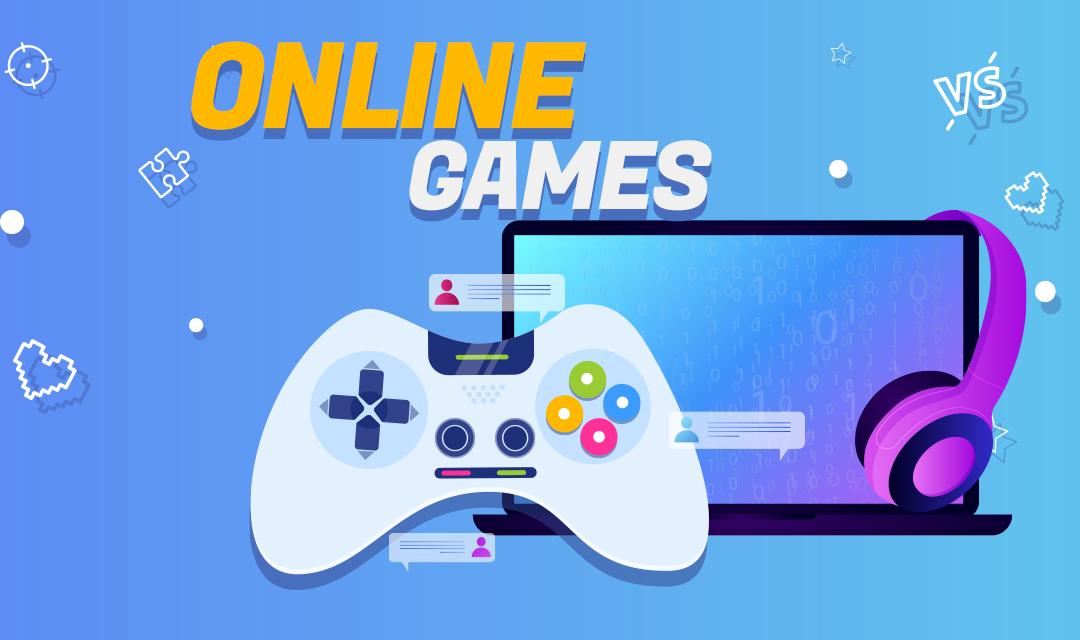Online games have revolutionized the way people interact with technology, providing a dynamic platform for entertainment, social interaction, and even professional competition. From casual mobile games to immersive multiplayer experiences, online gaming has become a central aspect of modern culture, drawing millions of players across the globe. This article explores the evolution of online surgawin games, their impact on society, and what the future holds for this ever-growing industry.
Evolution of Online Games
Online gaming has its roots in the early 1970s, when rudimentary multiplayer games allowed players to compete against each other over networked computers. With the advent of the internet, the 1990s saw a surge in popularity for online games, particularly with the rise of Massively Multiplayer Online Role-Playing Games (MMORPGs) like “EverQuest” and “Ultima Online.” These games introduced the concept of persistent online worlds, where players could interact, collaborate, and compete in real-time.
As technology advanced, so did the complexity and accessibility of online games. The 2000s witnessed the emergence of browser-based games and online platforms like Steam, which made it easier for developers to distribute their games and for players to access a vast library of titles. The introduction of high-speed internet and powerful gaming consoles further fueled the growth of online gaming, enabling seamless multiplayer experiences and expansive game worlds.
Types of Online Games
Today, online games span a wide range of genres, catering to diverse player preferences:
- Multiplayer Online Battle Arenas (MOBAs): Games like “League of Legends” and “Dota 2” have become esports staples, drawing millions of viewers to competitive tournaments.
- First-Person Shooters (FPS): Titles such as “Call of Duty” and “Counter-Strike” offer fast-paced action and strategic gameplay, with players competing in team-based matches.
- Role-Playing Games (RPGs): MMORPGs like “World of Warcraft” continue to thrive, providing players with deep storylines, character customization, and expansive worlds to explore.
- Battle Royale: Games like “Fortnite” and “PUBG” popularized this genre, where players compete to be the last person standing in large, open arenas.
- Casual and Mobile Games: Titles such as “Candy Crush” and “Among Us” offer simple yet addictive gameplay, appealing to a broad audience.
Social Impact of Online Games
Online games have transcended mere entertainment, becoming a significant social platform. They offer players an opportunity to connect with others, forge friendships, and build communities. For many, online games provide a sense of belonging and an avenue for self-expression.
However, the rise of online gaming has also raised concerns. Issues such as addiction, cyberbullying, and the impact of violent content on younger players are ongoing challenges that the industry must address. Additionally, the monetization strategies employed by many games, including microtransactions and loot boxes, have sparked debates about fairness and ethical practices.
The Future of Online Gaming
The future of online gaming is poised for further innovation. Advancements in technology, such as virtual reality (VR) and augmented reality (AR), promise to deliver even more immersive experiences. Cloud gaming services like Google Stadia and Microsoft’s Xbox Cloud Gaming are making high-quality gaming accessible without the need for expensive hardware.
Moreover, the integration of blockchain technology and non-fungible tokens (NFTs) is set to transform the gaming economy, allowing players to own and trade in-game assets securely. Esports will continue to grow, with larger prize pools, increased viewership, and greater recognition as a legitimate competitive sport.
